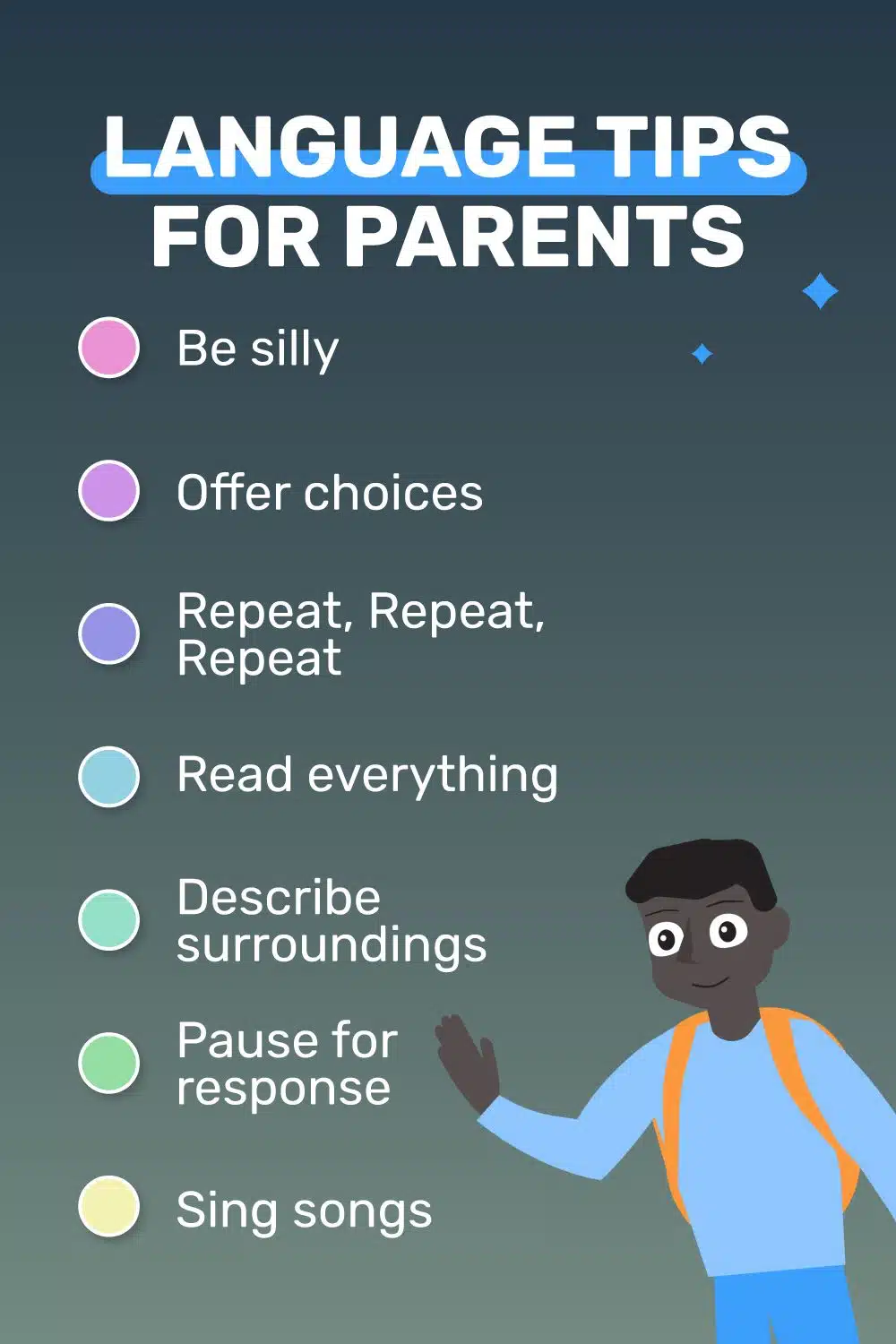Recognizing the symptoms of Language Processing Disorder (LPD) is crucial for early intervention and support. Here are some common signs to look out for:
- Difficulty Understanding Language: Struggles to follow instructions, comprehend conversations, or grasp the meaning of words and sentences.
- Limited Vocabulary: Has a smaller vocabulary than peers and finds it challenging to learn new words.
- Grammar and Syntax Issues: Makes frequent grammar and sentence structure errors during speech or writing.
- Trouble Expressing Thoughts: Finds it hard to put thoughts into words or express ideas clearly.
- Reading and Writing Challenges: Some may have reading comprehension, spelling, and writing difficulties.
- Difficulty Following Conversations: Struggles to keep up with fast-paced conversations and may need to be more accurate and understand information.
- Social Communication Difficulties: Experiences challenges in social interactions due to language-related issues.
Early intervention can significantly improve language skills and promote positive communication experiences for your child. Goally’s tablet offers fun apps like visual schedules, AAC, and gamified learning to help kids with Language Processing Disorders. Through videos, it also teaches emotional regulation, executive functioning, and social skills, fostering overall communication development.















